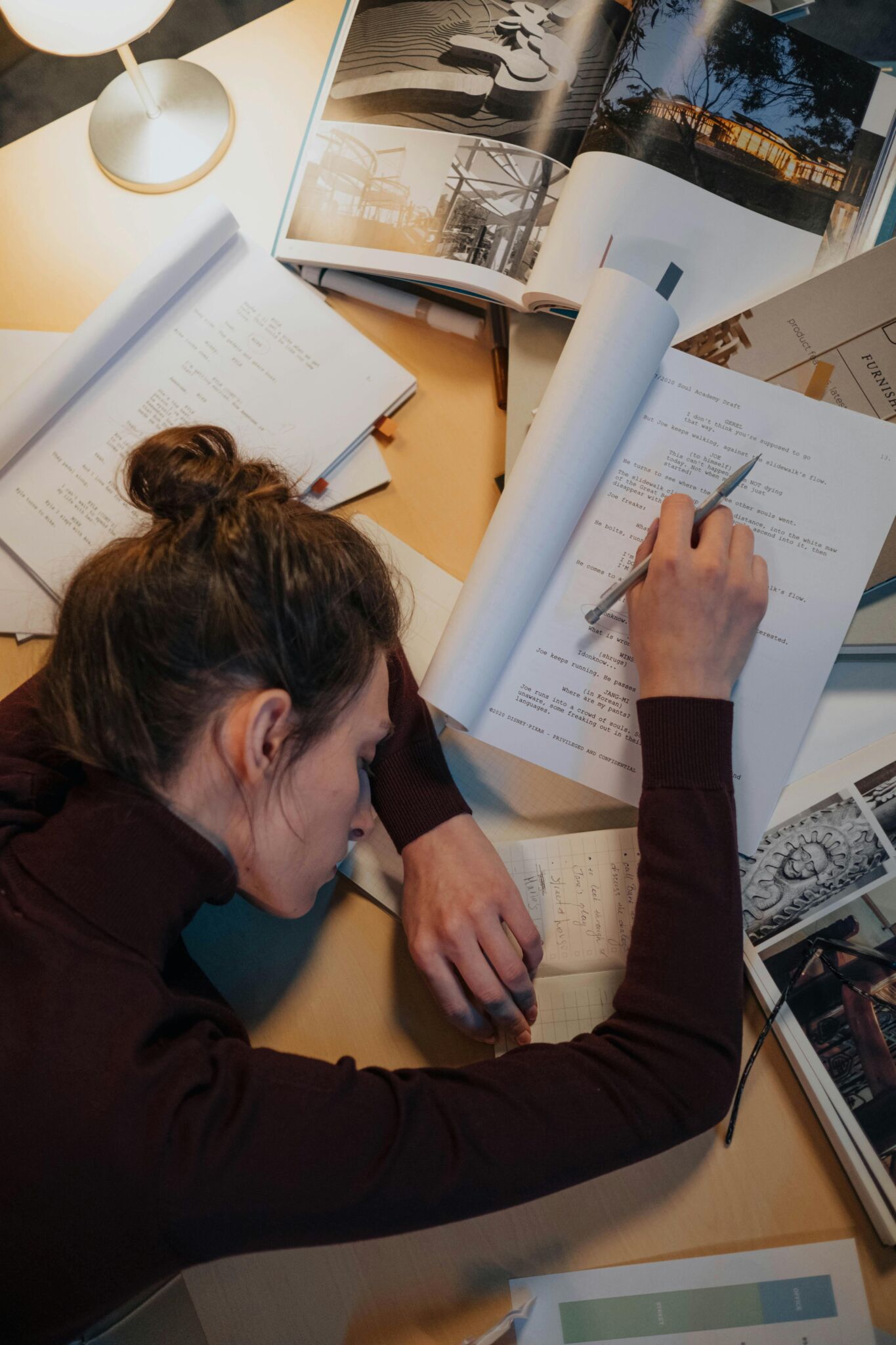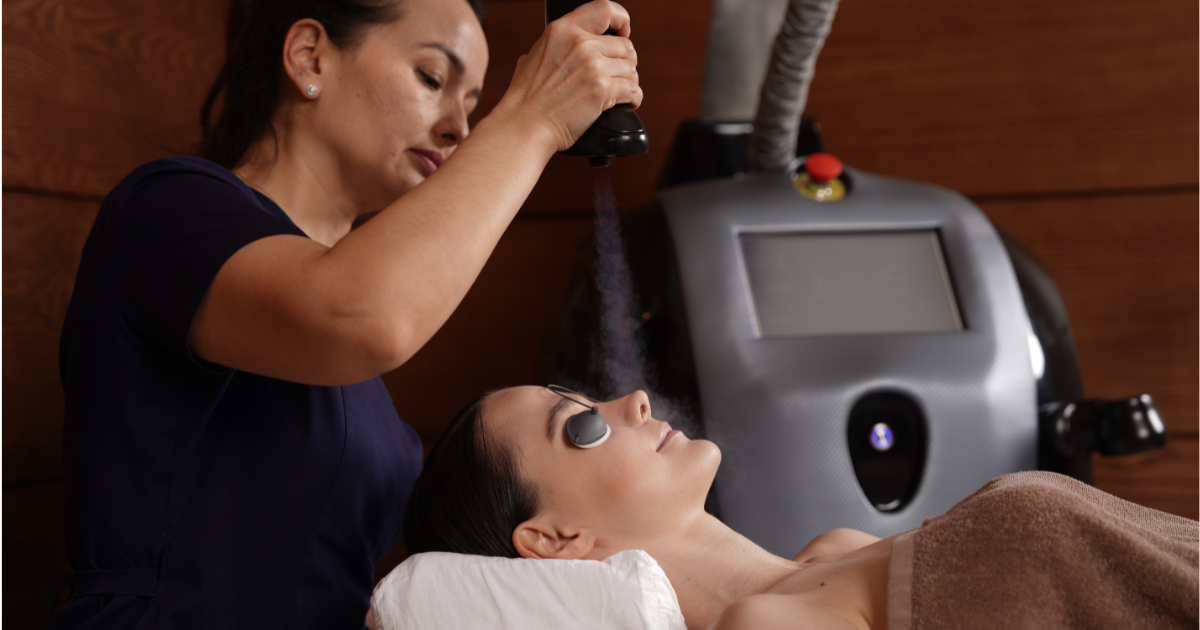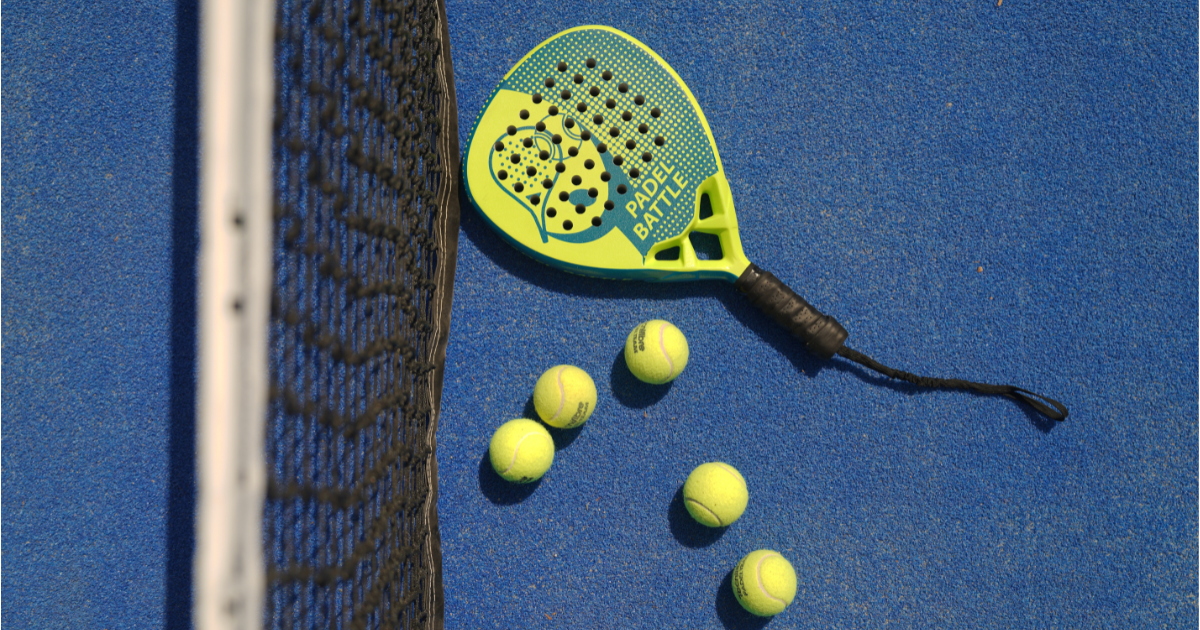Burnout behind a smile
How women mask exhaustion and why it’s time to stop

Burnout is more than just tiredness – it’s a state of deep emotional and physical exhaustion, when motivation fades and everyday life loses its meaning. It builds up gradually: first comes irritability, then apathy, and eventually a sense of indifference toward everything that once inspired you. Today, burnout is increasingly viewed as a “normal” condition – especially among women, who often strive to do it all without ever taking a break. But burnout is a critical signal from the body that must not be ignored. It’s a message that it’s time to pause and reclaim your right to rest, self-care, and inner strength.
ELLE O’zbekiston explores how to recognize the signs of burnout and what you can do to regain emotional and physical resilience.
Women exhaustion
Women today are more prone to emotional burnout – a result of both psychological and social factors. Historically, many cultures have expected women to shoulder not only professional responsibilities but also emotional, domestic, and parental duties – creating what’s known as the “second shift,” where the real work begins again at home after a day at the office. According to a 2022 Cleveland Clinic study, multitasking – often seen as a strength among women – can increase performance but also leads to a much faster risk of burnout. Women are also more likely to suppress their own needs and emotions, leading to heightened internal tension and quicker emotional depletion. All of this makes burnout in women not only more likely but also harder to detect, because female fatigue is often dismissed or even frowned upon by society.

Source: Ron Lach, pexels
Signs of emotional burnout
Recognizing burnout isn’t always easy, especially if you’re used to pushing through exhaustion and “keeping it together.” Many women hide their fatigue behind a smile, not wanting to upset loved ones or draw attention to themselves. Often, the focus is on helping others rather than asking for help. But the body and mind will eventually start sending signals if burnout is ignored.
Pay attention to the following signs to recognize burnout:
- Chronic fatigue that doesn’t go away, even after rest.
- Irritability, cynicism, or a feeling that everything is meaningless.
- Loss of motivation, even for things you once loved.
- Sleep problems – insomnia or excessive drowsiness.
- Physical symptoms, such as headaches, back pain, or frequent colds.
- Feelings of helplessness, or a belief that nothing can be changed.
- Emotional distance or a growing sense of isolation from friends, family, or colleagues.
If you recognize several of these signs over an extended period, it may be a sign that you’re approaching – or already experiencing – burnout. These symptoms can also be connected to prolonged stress or other health issues. It’s important to take them seriously and not dismiss them as “just laziness” or “being too sensitive.”

Source: lil artsy, pexels
Preventive measures
You don’t have to wait until burnout becomes a crisis. Even if you haven’t yet reached emotional exhaustion, it’s always better to prevent it than to deal with the consequences later. Here are a few simple yet powerful ways to help protect your emotional health:
- Take regular breaks and rest. Even short pauses during the day are essential – don’t rely on your annual vacation alone.
- Practice emotional hygiene. Make time to feel and process emotions instead of suppressing them.
- Stay physically active. Movement is healing for both the body and mind – whether it’s yoga, walking, dancing, or just light stretching.
- Set clear boundaries. Learn to say “no” and stop overcommitting. Don’t do unpaid overtime or answer work calls after hours.
- Nurture warm relationships. Stay close to those with whom you feel safe and authentic.
- Stay connected to your values. Ask yourself regularly: “Why am I doing this?” It helps you stay aligned with what truly matters and brings joy.
- Seek professional help. If you’re showing signs of emotional exhaustion, talk to a psychologist. It’s a step toward healing, not weakness.


